After reading Bader Al Saif’s study study on EU–GCC relations, it’s hard not to feel both optimistic and frustrated.
Yes, 2024 saw a whirlwind of high-level meetings and upbeat declarations, but there’s still a glaring problem: it’s all a bit too polite and a bit too vague. Without concrete outcomes, all this hyper-communication risks coming off as a diplomatic waltz that never quite hits the beat.
The sheer volume of engagements signals a genuine desire to move past decades of mistrust, but are we seeing real progress or just diplomatic choreography? It’s time to stop mistaking movement for substance. Without a clear strategy to turn enthusiasm into action, 2025 risks becoming just another year of lofty ambitions with little to show for it.
Economic Hype vs. Economic Reality
Let’s start with the numbers. On paper, the economic relationship between the EU and GCC looks promising. In 2023 alone, trade between the two blocs hit €170 billion, with investment figures equally impressive. Gulf investments in Europe reached $178 billion, while European investments in the GCC totaled $234 billion. Clearly, there’s no lack of economic interdependence.
But the reality is that both sides are underdelivering. The long-discussed Free Trade Agreement (FTA) is still nowhere to be seen, and the paper’s optimism about reviving it feels wildly out of touch. After decades of trying, it’s time to admit that a comprehensive deal is a pipe dream. Instead, elements from both sides would do well to focus on bilateral trade agreements that can actually get across the finish line. The UAE’s pursuit of a bespoke deal with the EU might not sound as grand as an FTA, but at least it’s grounded in reality.
Rather than clinging to some grand narrative of bloc-to-bloc integration, Europe should embrace tailor-made agreements as stepping stones. Get a few of these bilateral deals up and running, prove they work, and then think about stitching them into something broader. It’s not glamorous, but it’s practical—and practicality is precisely what’s been missing from this relationship.
Energy Cooperation: Walking a Tightrope
One area where the EU and GCC genuinely need each other is energy. As Europe scrambles to break free from Russian gas, Qatar has stepped up as a crucial supplier. But Europe’s tendency to link energy deals with labor rights and environmental standards is a diplomatic hazard. It’s a noble stance—but also a risky one when energy security is on the line.
The problem with this approach isn’t the desire for better standards; it’s the lack of nuance. Trying to dictate terms to Qatar on ethical grounds while relying on its gas is a classic case of wanting to have your cake and eat it too. A more mature stance would be to collaborate on renewable energy projects and build long-term trust rather than wagging fingers.
There’s a model here that could work. The UAE’s $50 billion investment in France’s artificial intelligence and data infrastructure is an example of how Gulf capital can drive Europe’s green ambitions. Rather than moralizing, Europe should be focusing on joint innovation projects that align economic and environmental interests.
Socio-Economic Collaboration: Missing the Human Element
One major blind spot in the paper is the human capital aspect. Economic cooperation should not just be about investment figures and trade volumes—it’s about people. The EU and GCC should be focusing on educational exchanges, vocational training, and building skills that both sides actually need.
There’s real potential here, but it won’t happen on its own. Visa liberalization and mutual recognition of qualifications would make it far easier for skilled workers and students to move between the two regions. This isn’t just an economic issue—it’s a social one. Building people-to-people ties helps create a foundation that outlasts political whims. If the EU and GCC want a robust relationship, they need to invest as much in human connections as they do in pipelines and ports.
Geopolitical Realities: Europe Needs a Reality Check
The paper seems to sidestep the uncomfortable truth that Europe’s geopolitical leverage has slipped. Back in 2008, the EU’s economy was roughly on par with the United States. By 2023, the U.S. economy was 50% larger. Meanwhile, the GCC has strengthened its hand with diversified partnerships and a growing list of suitors from Asia.
China and India are making their moves, and Europe risks being left behind if it doesn’t act quickly. The EU needs to acknowledge that it’s no longer in a position to set the agenda unilaterally. It’s time to approach the GCC as a partner—not a project.
Security Cooperation: Too Many Cooks in the Kitchen
Security is where the EU and GCC could, in theory, achieve something substantial. But as it stands, there’s far too much overlap and not enough coordination. Europe’s Coordinated Maritime Presence (CMP) in the Northwestern Indian Ocean is a decent idea, but it’s just one of several initiatives that feel disconnected from GCC priorities.
Instead of introducing new frameworks, the EU should be consolidating existing efforts and working directly with GCC states on maritime security and energy infrastructure protection. Joint missions that focus on practical outcomes would be far more effective than endless coordination meetings that achieve little more than bureaucratic entanglement.
Conclusion: Trade, Not Talk
For all the talk of renewed EU–GCC relations, what’s missing is a sense of purpose. If 2024 was the year of talk, 2025 must be the year of action and economic realism. That means making trade agreements that actually work, building energy partnerships that respect practical realities, and investing in human capital to ensure the relationship endures.
Europe must accept that its role in the Gulf has changed. Instead of dictating terms, it should focus on mutual benefits and pragmatic solutions. The GCC isn’t waiting around to be impressed—and Europe risks being sidelined if it doesn’t wake up to that fact.
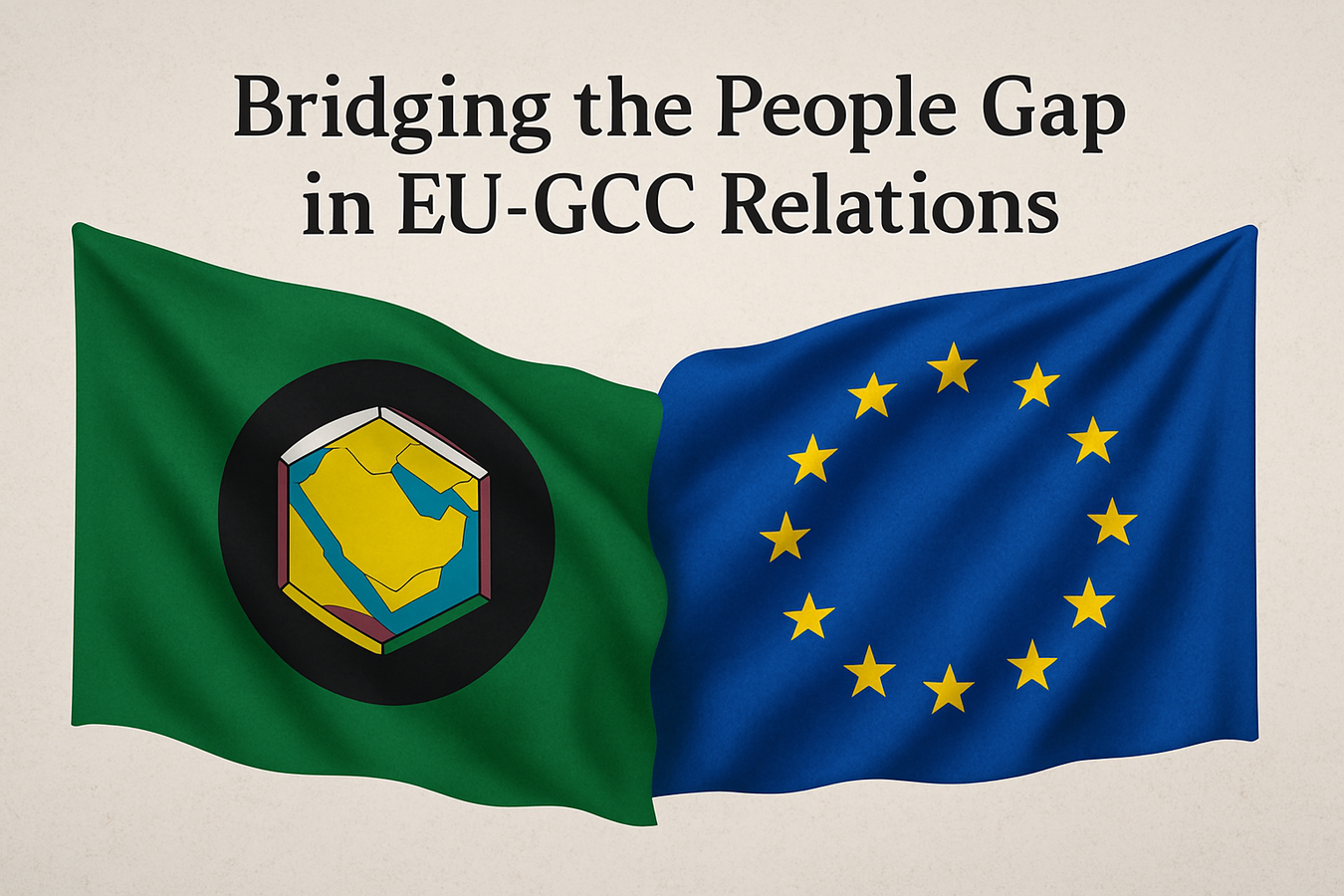
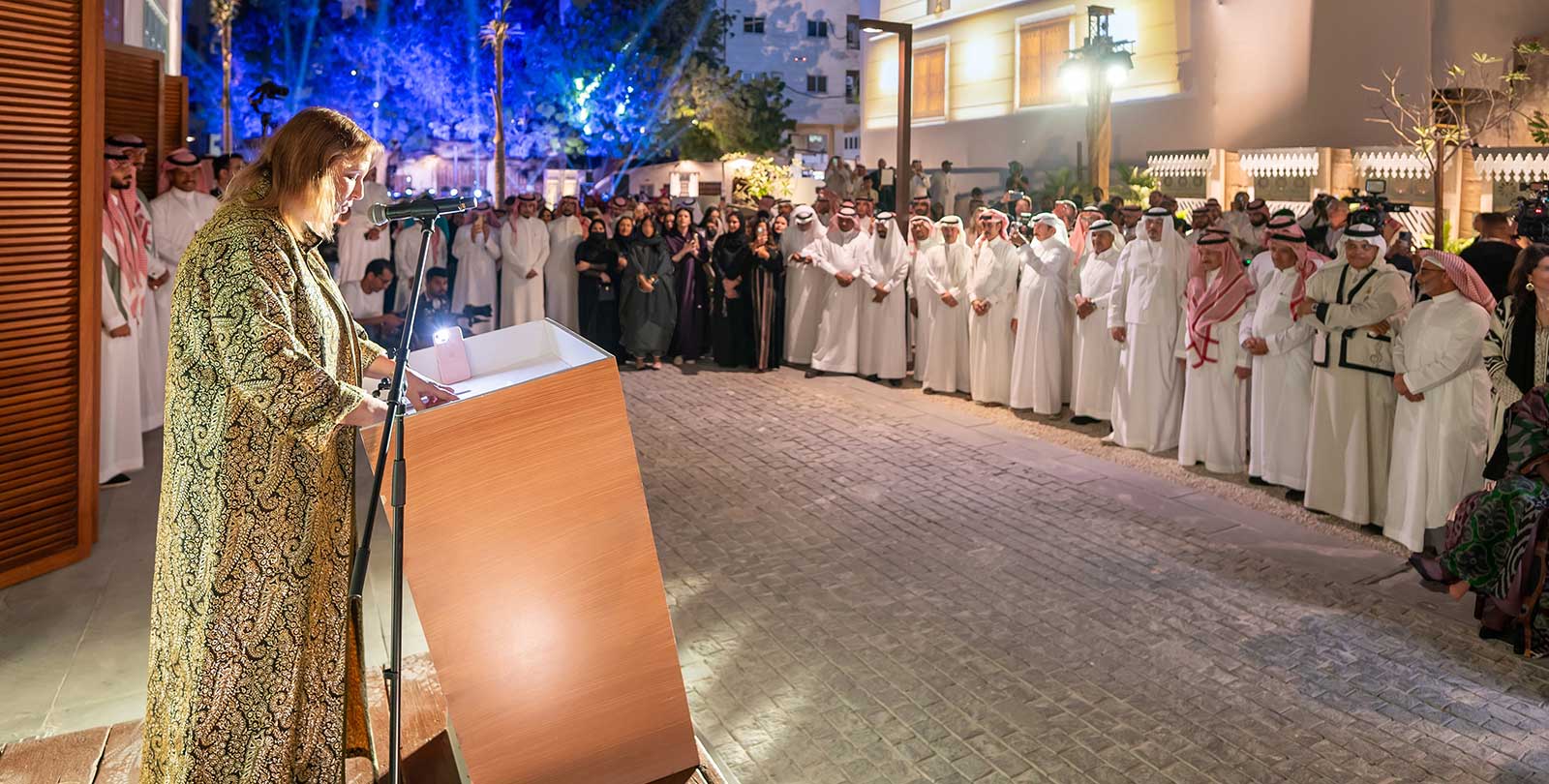
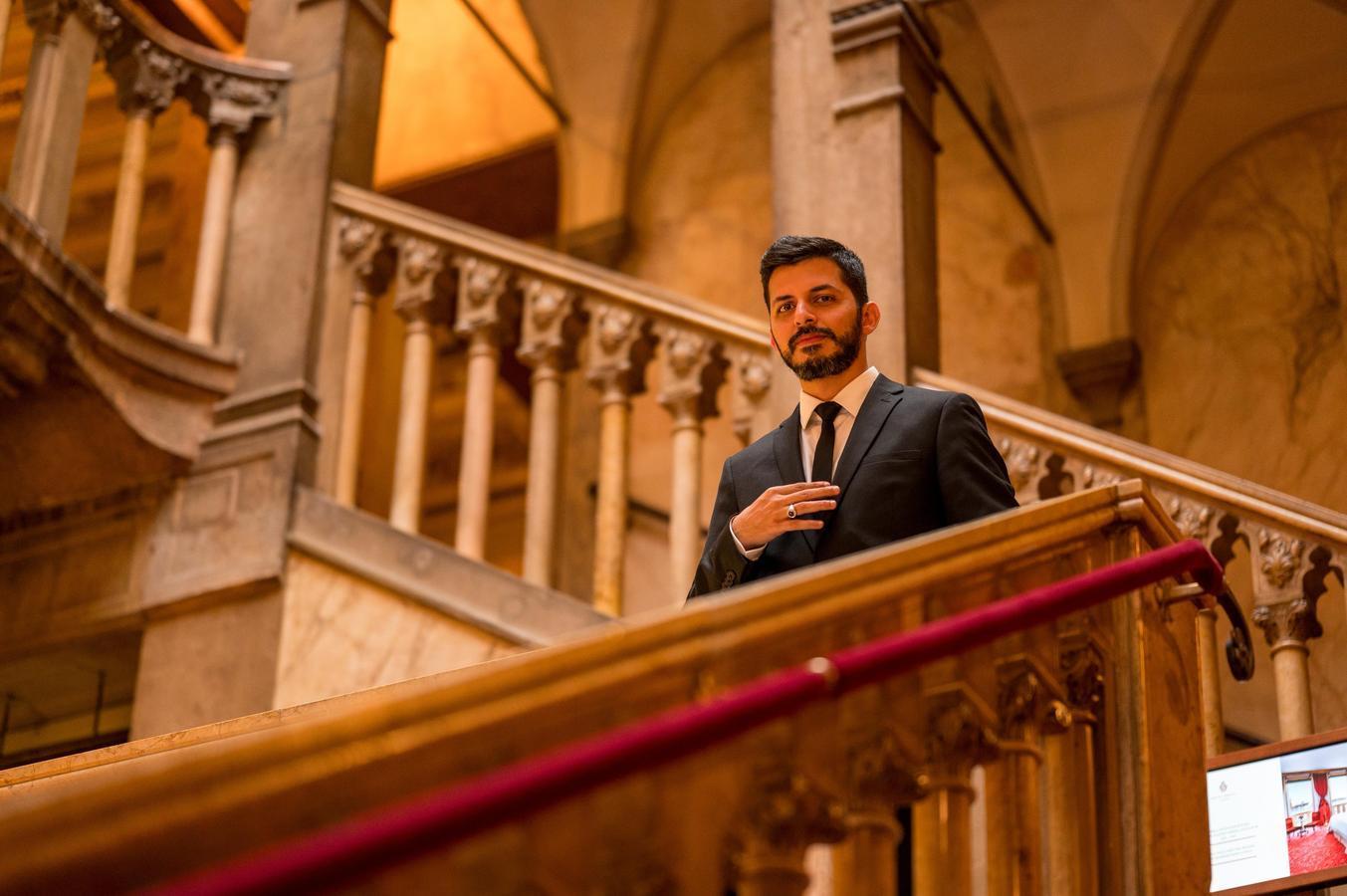
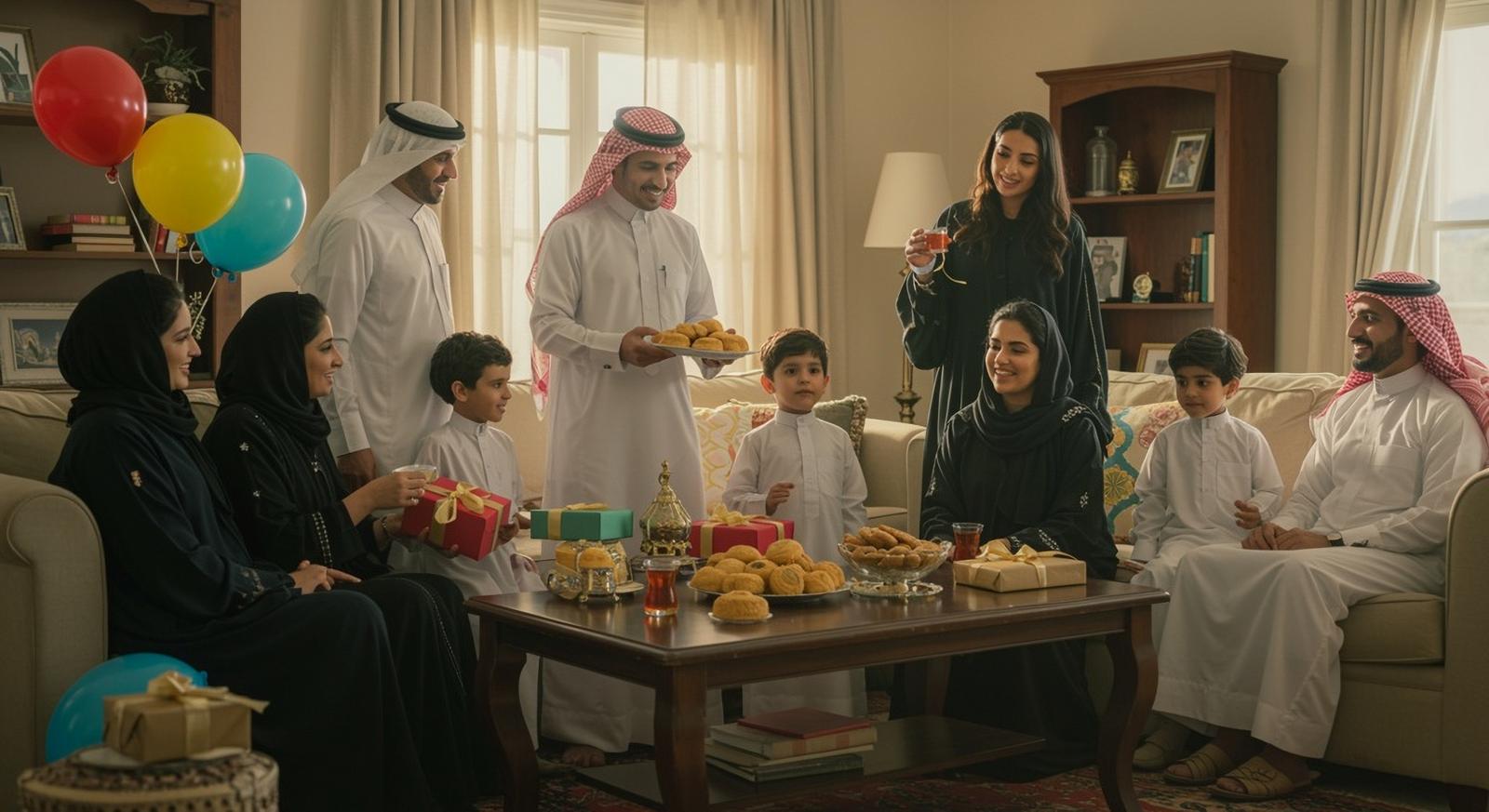

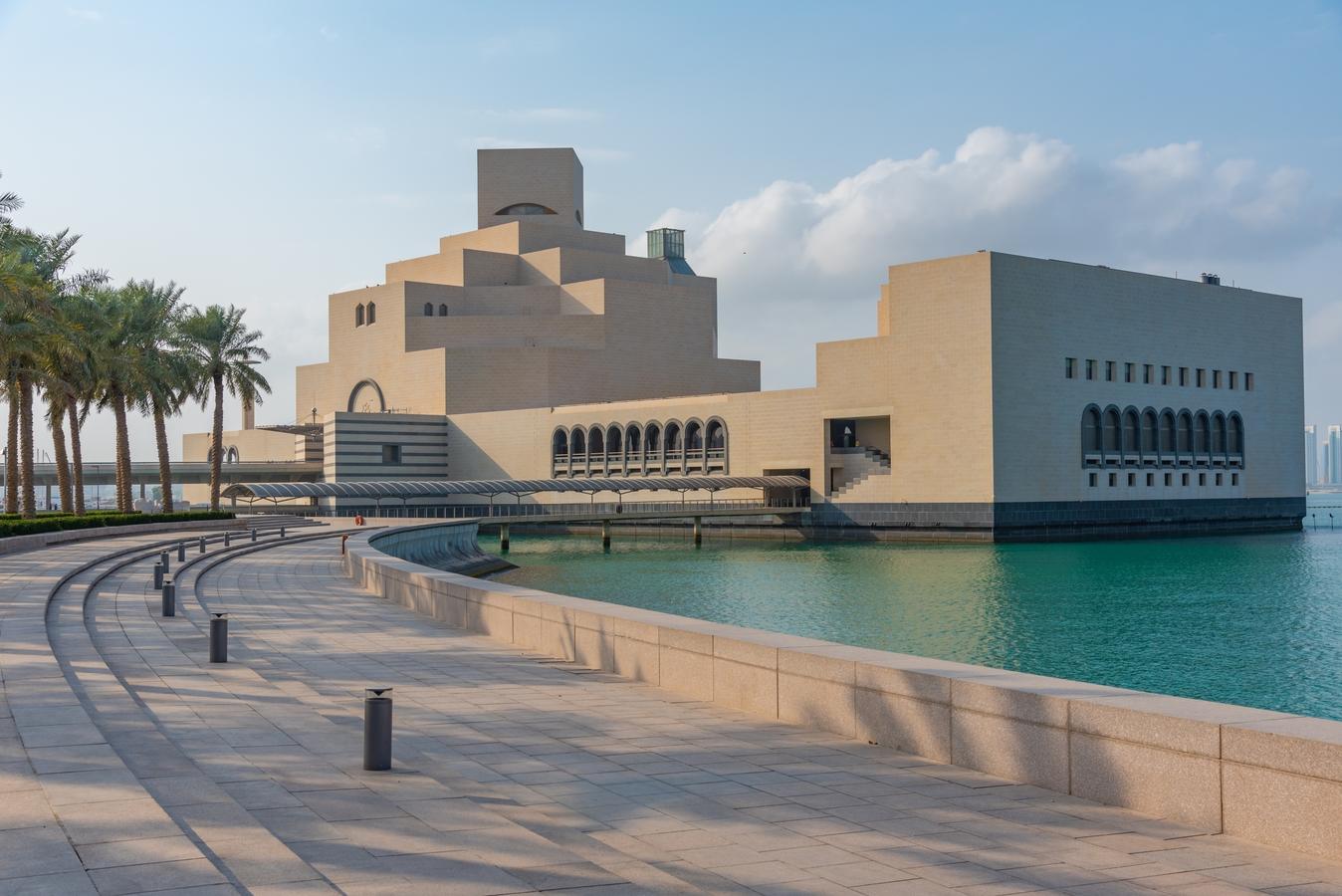
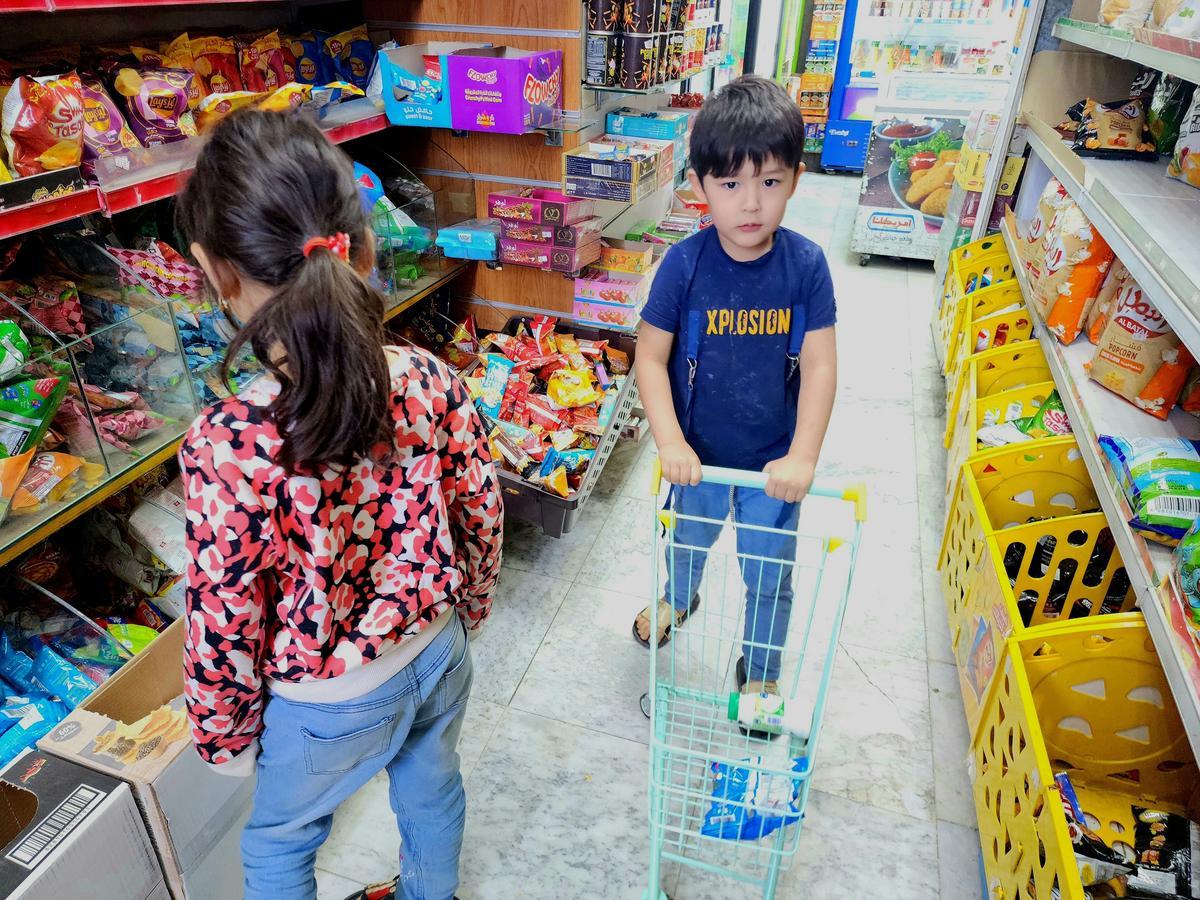

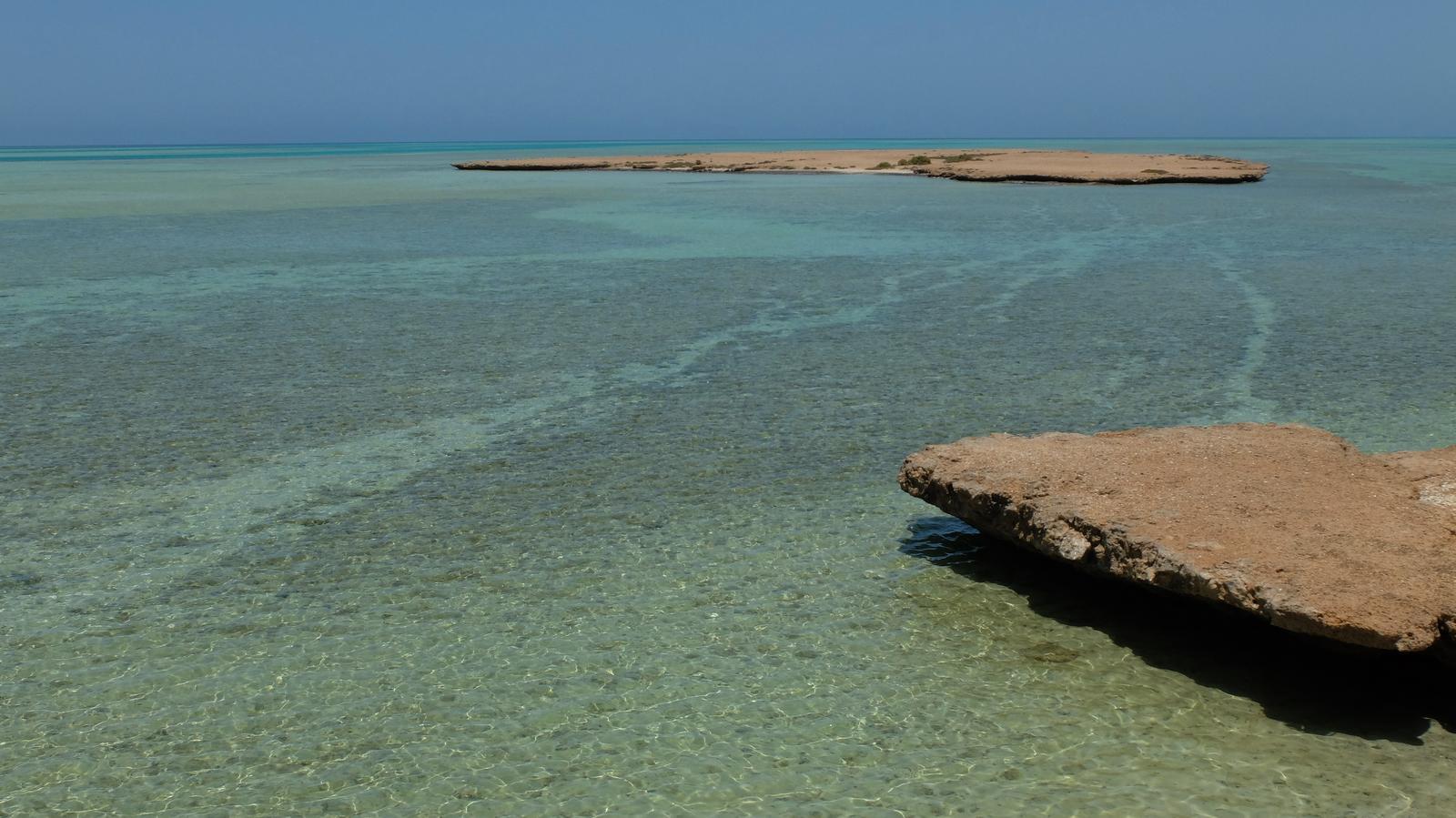
0 Comments
No comments yet. Be the first to comment!